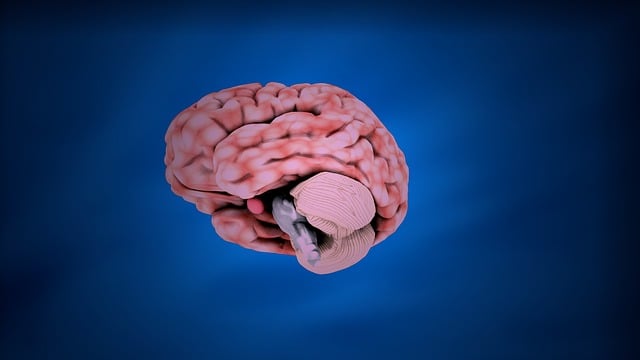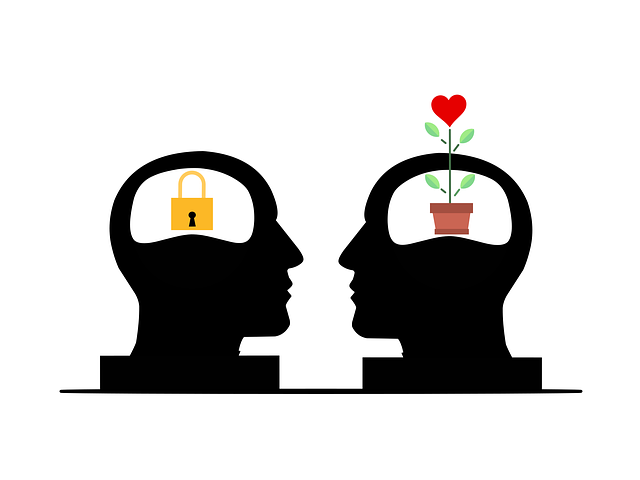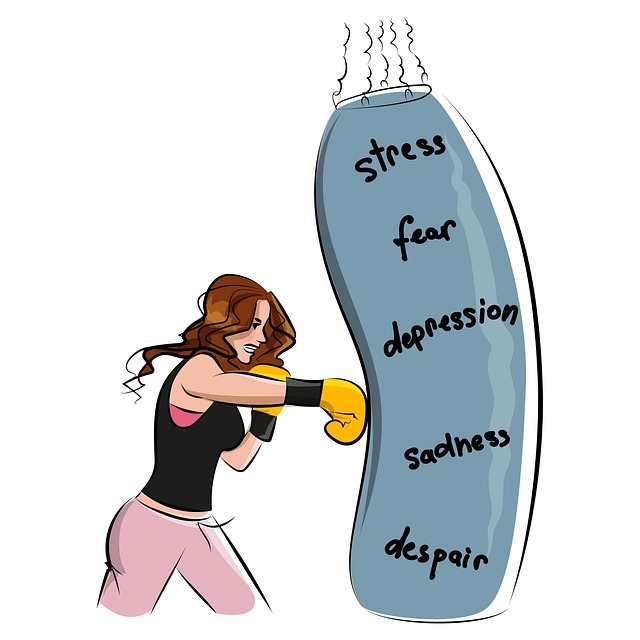The text highlights the unique stress challenges faced by the elderly, such as isolation, loneliness, reduced mobility, and cognitive decline. Mental health professionals are advised to adapt their approaches with bilingual therapy as a successful method to overcome cultural barriers and build trust among this demographic. This approach enhances stress management through supportive environments in native languages, personal narratives, and cultural elements. Bilingual therapy sessions teach stress techniques like breathing exercises, mindfulness, and cognitive reframing, addressing language and cultural nuances. Public awareness campaigns normalizing mental wellness conversations and reducing stigma further empower elders to cope with stressors, ultimately improving their overall well-being. Therapy for Elders Bilingual is a game-changer in navigating these unique challenges.
Stress management techniques teaching plays a pivotal role in enhancing quality of life, especially for the elderly population. This article explores unique challenges and coping mechanisms related to stress among the aged, focusing on the effectiveness of bilingual therapy approaches. We delve into practical techniques that empower elders with tools to calm their minds. By combining evidence-based practices with language-specific strategies, we aim to provide a comprehensive guide for healthcare professionals facilitating effective therapy for elders in a bilingual setting.
- Understanding Elderly Stress: Unique Challenges and Coping Mechanisms
- Bilingual Therapy Approaches for Effective Stress Management
- Practical Techniques: Empowering Elders with Tools for a Calmer Mind
Understanding Elderly Stress: Unique Challenges and Coping Mechanisms

The elderly population faces distinct stress challenges that often go unnoticed in mainstream discussions about mental health. Many older adults grapple with feelings of isolation, loneliness, and reduced mobility, which can significantly impact their overall well-being. These issues are further exacerbated by age-related cognitive decline, making it crucial for mental health professionals to tailor therapeutic approaches for this demographic. Bilingual therapy has proven effective in reaching a broader elderly audience, addressing cultural barriers, and fostering trust, ultimately enhancing stress management strategies.
Risk Management Planning is essential when working with seniors as it ensures a comprehensive approach to their care. By integrating self-care routine development into treatment plans, mental health professionals empower the elderly to proactively manage stress. This involves encouraging social engagement, adopting relaxation techniques, and cultivating meaningful activities that promote mental resilience. Through these strategies, elders can navigate life’s challenges with greater equanimity, leading to improved quality of life and enhanced coping mechanisms.
Bilingual Therapy Approaches for Effective Stress Management

Bilingual therapy approaches have emerged as powerful tools for managing stress, especially among elderly populations who often face unique challenges. These therapeutic methods recognize and utilize the cognitive benefits of being bilingual, offering a novel way to enhance mental wellness and improve mood management techniques. By engaging individuals in their native language, therapists can create a safe and supportive environment, fostering open communication and facilitating effective stress reduction methods.
Incorporating cultural elements and personal narratives through bilingual therapy can significantly impact stress levels. It allows elders to express themselves freely, tap into their support networks, and share experiences that might be difficult to convey in another language. This personalized approach not only strengthens the therapeutic process but also empowers individuals to develop resilient coping strategies for everyday stressors, contributing to overall mental health and well-being.
Practical Techniques: Empowering Elders with Tools for a Calmer Mind

Teaching stress management techniques to elders is a powerful way to empower them with tools for a calmer mind. Bilingual therapy sessions can be particularly effective, addressing both language barriers and cultural nuances that may impact mental health. These sessions often incorporate practical exercises tailored to the specific needs of older adults, focusing on breathing techniques, mindfulness practices, and cognitive reframing strategies.
By integrating these approaches into their daily routines, elders can enhance their resilience to stress. Public awareness campaigns focused on mental wellness can play a crucial role in normalizing conversations around mental illness among elderly populations. Additionally, guidance on journaling exercises and other expressive outlets can provide valuable spaces for reflection and emotional processing, fostering a deeper understanding of one’s stress triggers and coping mechanisms. Mental illness stigma reduction efforts are also essential to creating supportive environments that encourage open dialogue about mental health challenges.
Effective stress management among the elderly, especially through tailored therapy approaches like bilingual methods, is a powerful tool for enhancing their overall well-being. By understanding unique challenges and providing practical tools, we can empower seniors to navigate life’s stresses with resilience. Bilingual therapy offers a culturally sensitive and accessible way to foster mental tranquility, ensuring elders feel supported in their journeys towards calmer minds.








